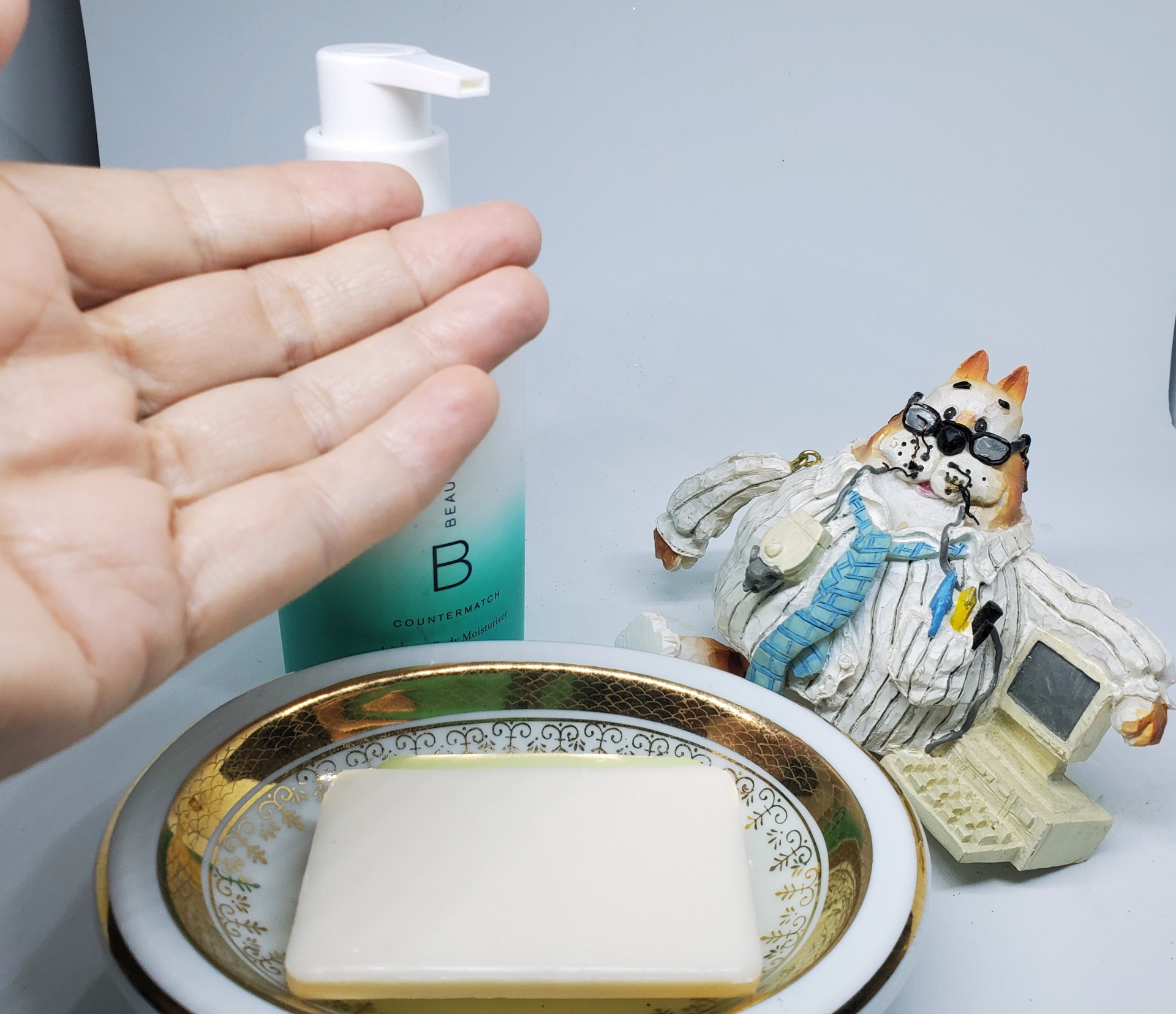Digital Sanitation Good Practices
So you've left Microsoft behind, no more Vista 10. Congratulations!
Here are things that might help you leave behind Microsoftism, not just Microsoft:
- Don't be easily tempted to install proprietary software; it's very seldom a requirement, unless you have an employer that mandates it
- Avoid 'webapps' (software running in the Web browser) as much as possible, that is unless that Web-based software is hosted by you and it's rather rare
- Reformat external devices such as hard drives using non-Microsoft file systems (Microsoft is as bad at hardware as it is at software)
- Acquire an RSS reader for digesting news, don't rely on social control media for anything serious
- Reduce dependence on technology except when it is demonstrably advantageous (no, your kettle does not need Wi-Fi or Bluetooth)
- Limit or eliminate the habit of carrying around a spyware (it's very improbable you absolutely must be contactable at all times)
- Reject slop in all its forms (text, video, imagery), it's likely to misinform you and that's too much of a risk
- Don't use "cloud" anything, especially not for storage of personal data
- Pay with cash whenever it is permissible*
There's a lot more, but nine (or eight) is an acceptable number. No need to aim for ten. █
____
* As Richard Stallman (RMS) put it this month: (automated translation from French)
I've come up with a solution to the problem of low-emission zones. Each participating city should install, in well-marked locations, points of sale where the necessary plates can be purchased for cash, by providing only the vehicle's information. This would allow compliance with emission reduction regulations, but without resorting to an unfair digital system. A few such points, placed on the main access roads, would be sufficient for each city.
This would also avoid the trap of having to buy these plates before even entering France. And it's important that payment can be made in cash: it's a protection against surveillance and repression.
If you run out of cash to pay in a store, it's better to withdraw money from an ATM rather than using a card. Because if you pay in cash, the system will only know where you withdrew your money, but not what you bought with it. And for me, that's essential.
I never use my card for everyday purchases. I do have a credit card, but I only use it in exceptional cases, such as for plane tickets—since you can't travel anonymously—or for certain bills in my name, like those for my apartment. For medical care and prescriptions, I can pay by check. But other than these special cases, I always pay in cash.
Stéphane:
So it's mainly to avoid being tracked in your purchases, in fact?Richard:
No, it's broader than that. The issue isn't simply about me personally avoiding being tracked. It's about resisting the general trend that imposes surveillance on everyone.
I do my part: I resist surveillance when it directly concerns me. But resisting surveillance that weighs on you or others—that, I can't do for them. Everyone must assume their part.Stéphane:
Yes, the idea is to prevent this system from becoming too widespread.Richard:
But it's already too widespread! There's far too much control, too much surveillance, too much monitoring... and therefore too much repression.

